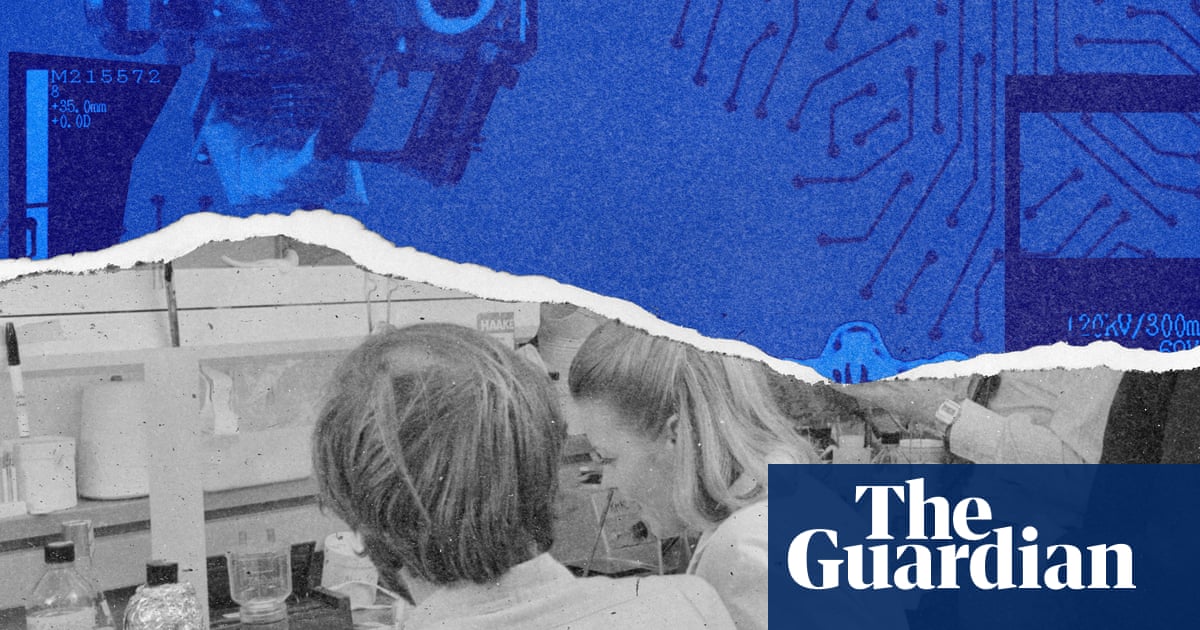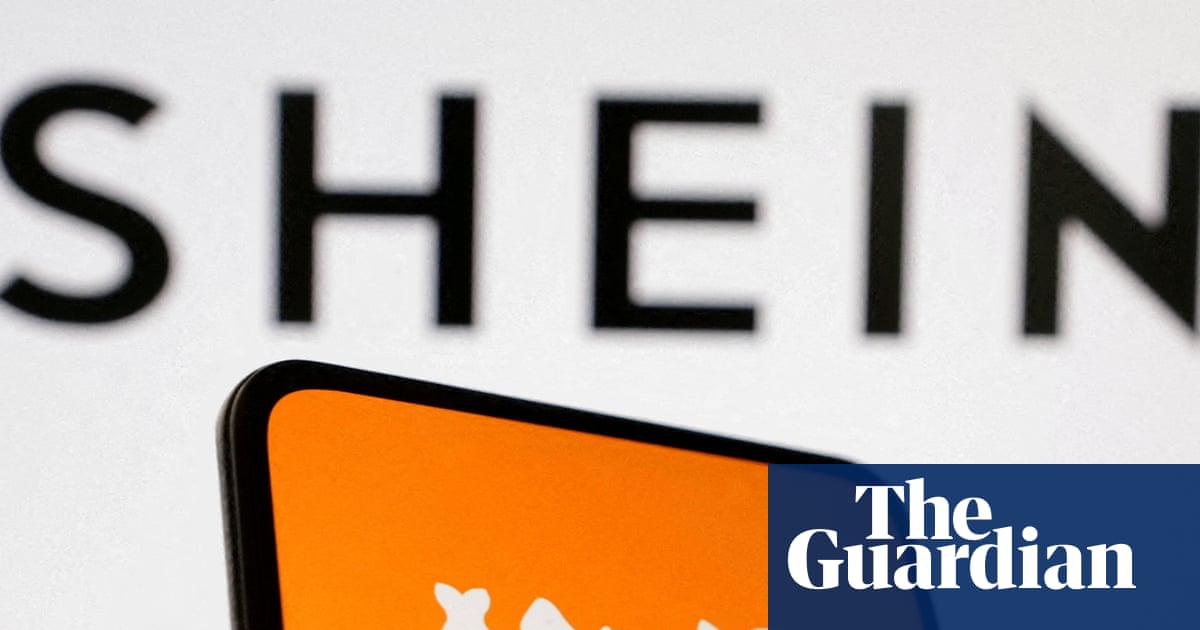Officially, the party says there is no mission to court Conservative defectors, but insiders suggest otherwise, and warn against the dangers of doing so


At last year’s GB News Christmas party, Suella Braverman was the centre of attention. The former home secretary is popular in rightwing media circles, but it wasn’t her straight-talking brand of conservatism that was topic of the evening, rather it was the growing whispers about what some thought was her imminent defection to Reform UK.
“It was like a panto – everyone saying: ‘Oh yes you will’, and her saying: ‘Oh no, I won’t’,” says one Reform party guest. “We all thought she was just biding her time until the right moment.”
The chatter had been given fresh impetus by the fact that Braverman’s husband, Rael, had joined Nigel Farage’s party. With Reform soaring in the polls and talk of defections rife across Westminster, the “Suella moment” seemed to be approaching.
Officially, Reform UK insists there is no concerted mission to attract Tory defectors, with no joiner too grand to not be directed to an online “defection portal” which has been set up to vet new members.
In reality, insiders say, there has been a scattergun campaign to bring senior Tories onboard; an operation that could yet have more success when MPs head back to their constituencies for the summer recess and meet the reality of Reform’s popularity with disillusioned voters.

The headhunting so far has largely been driven by personal connections with Farage, Richard Tice and other senior figures, based on political friendships forged in the crucible of the Brexit leave campaign and the green room of GB News.
Success has come with the recruitment of the former Tory chair Sir Jake Berry, the former cabinet minister David Jones, Andrea Jenkyns and Marco Longhi, as well as a steady flow of local councillors and Tory activists.
But the big-name Tory rightwingers who are often linked to Reform, including Braverman, Jacob Rees-Mogg and Liz Truss – have so far resisted the entreaties of their former colleagues who have made the leap.
Reform’s patience in waiting for them, it seems, is not limitless.
This week, for example, appeared to be the point at which Reform turned on Braverman: the party suddenly ratcheted up the attacks on her record, and that of the Conservatives more widely, over their role in a government cover-up of a scheme to resettle thousands of Afghans exposed by a dangerous data leak.
“We weren’t not going to go in studs up just because someone might defect to us in future,” says one Reform insider.
Zia Yusuf, the party’s cost-cutting chief, publicly condemned the former home secretary, and Robert Jenrick, the shadow justice secretary, said any minister at the time was a “traitor” for not speaking up about the scheme in the Commons.
In response, Rael Braverman quit, saying he could not be in a party “led” by Yusuf, while Braverman herself released a statement explaining why she was bound by a superinjunction against speaking out.
Reform sources say the party had ultimately got fed up with Braverman, and that senior figures are increasingly sceptical that Conservatives tainted by former administrations are actually useful to the party.
Conservatives who are thinking about changing rosettes are often tight-lipped about their plans, but those who have already joined less so. Jenkyns, the former Conservative MP who is now Reform’s Lincolnshire mayor, says most defectors “didn’t take much persuading, they were fed up with the Conservatives”, but that Braverman had come up with “lame excuses” for staying.
One Tory who knows Braverman says her reluctance to defect is partly out loyalty to her association and partly her family’s history with the party. At the same time, they suggest that many Reform-inclined Tories are waiting to see what happens if there is enough momentum to oust Kemi Badenoch as party leader, with persistent mutters about November as the likely date of an attempted coup.
They also scoffed at the idea that Reform would turn their noses up at Braverman if she did decide to cross over.
Some in Reform are, indeed, still sympathetic to Braverman, with one senior politician saying: “She’s had a really tough couple of days and there is a lot of flak flying around. This Afghan thing is awful. We are calling for a judge led inquiry and it is just difficult for everyone.”
There are differences of opinion within Reform about the issue of defections, and whether taking MPs from their less popular rival parties is helpful.
Sources in the party say they have turned down plenty of former Tory MPs who want a shot at getting their old seats back and make lists of unrealistic demands about what they would want from Reform.
With an attitude of “they need us more than we need them”, Reform is sifting applicants through its portal in a vetting and interview process run by the party’s “head of discipline and defections”, the former Vote Leave activist Tom Waterhouse.
In terms of Tory big beasts, Farage is believed to draw the line at the idea of accepting Truss if she were to approach the party, with Reform insiders briefing that she is too toxic.
However, Rees-Mogg would appear to be a different matter, despite his obviously posh Conservative pedigree. Yusuf has been complimentary about the Tory former MP in recent days, saying he is a “high intelligence, highly educated, high integrity person” for having claimed that ministers could have spoken about the Afghan leak superinjunction in parliament, contrary to Braverman’s claims.

Rumours have been swirling for months that he has been tapped up for a Reform-backed run at his old seat, now called North East Somerset and Hanham, if there were to be a byelection triggered by Dan Norris, the incumbent MP who was suspended from Labour after his arrest in April over allegations of rape and child sexual abuse. But Rees-Mogg denies ever considering or discussing defection, saying he is staying in the Tories.
Since Brexit, it has become increasingly common for Tories and Reform figures to mingle at the same events, parties and media outlets, driving a common sense of politics, purpose and friendship.
Jones, the former Conservative cabinet minister who defected two weeks ago, says he was not approached as part of an arm-twisting campaign but took the decision alone. “I came to the conclusion entirely on my own,” he says. “I realised I spent quite a lot of the last parliament unhappy with what my own government was doing, which made me realise that if they were Conservatives, I was no longer a Conservative …
“I knew Nigel but I had no contact with them at all until after I left the Conservatives. I met him on a few occasions and worked with him and Richard Tice on Leave Means Leave … I knew his views were very close to my views. A lot of senior people in Reform have a Conservative background and it’s natural that our paths would cross.”
Berry, the other recent defector, has attracted more scepticism within Reform circles, as a former remainer and an advocate of net zero. Matthew Goodwin, the academic and GB News presenter, wrote this week: “Why is Reform welcoming a former Tory who had a front-row seat to the striking failures of the dominant regime in this country and yet concluded, as recently as July 2024, during a contest for the leadership of the Tory party, that the answer to Britain’s problems is … ultra-liberal Tom Tugendhat?… I mean, how do you go from believing that the next prime minister of this country should be Tom Tugendhat to thinking, only one year later, that the next prime minister should be Nigel Farage?”
Asked on GB News about his route to Reform, Berry acknowledged going on a “journey” and saying he came to think the country was broken. He has long had regular slots on GB News and TalkTV, mingling with some of his new colleagues.

The question now is whether further big-name defections are coming. Acknowledging some of the concerns about admitting Tories, a senior Reform UK source said the party knew it had a “balancing act” to maintain as it sought to eat into traditional Labour support.
“We obviously don’t want to be ‘Tories 2.0’. We’re not ‘Tories 2.0’ but the more defections we take, it looks like that. So it’s pretty much done,” the Reform source said in relation to defections from sitting Tory MPs.
“We’ve got lots of high-quality people who have been around the block and succeeded in life who are, for the first time in their life, saying they are prepared to put their heads above the political parapet and stand. They are, frankly, of a higher quality than most current Conservative MPs, so we don’t want a bunch of Tory has-beens coming ahead of them.”
Meanwhile, Farage also has the job of trying to keep his existing MPs, party officials and backers onside as his ex-deputy Ben Habib and former party MP Rupert Lowe attempt to peel off his supporters for new ventures on the right.
Reform watchers say there are tensions not just over defections but the direction of policy and personalities, with some saying the big egos knocking around HQ are a “ticking timebomb”. The recently defected Jones says such rumours do not bother him: “After all, I’ve just come from the Conservatives. It’s politics.”

 7 hours ago
5
7 hours ago
5

















































